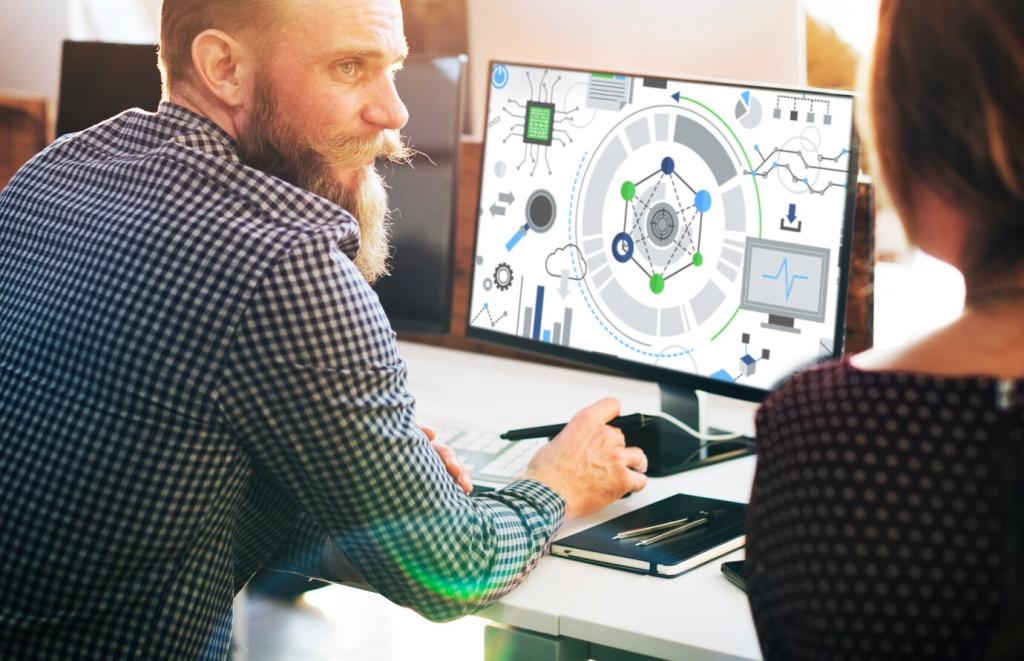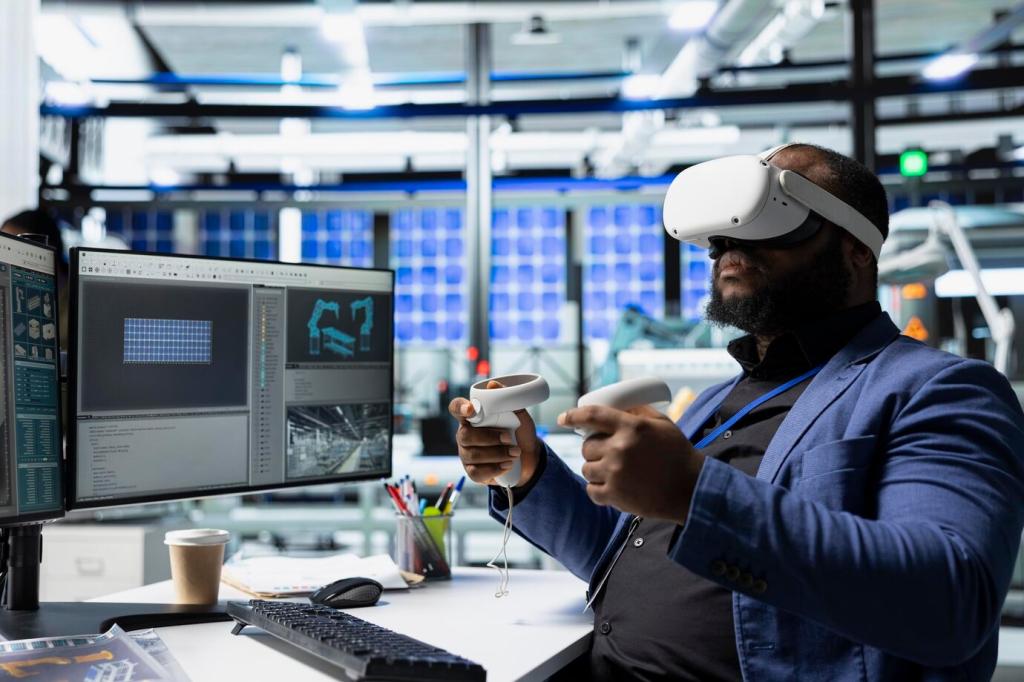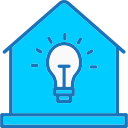
Sustainability and Smart Home Innovations
Sustainability and smart home innovations are revolutionizing the way people interact with their living spaces. Modern homes are increasingly designed and managed with eco-friendly solutions powered by advanced technology. By integrating intelligent systems and sustainable practices, homeowners can reduce environmental impact, increase efficiency, and create healthier environments. This multifaceted approach not only conserves natural resources but also enhances daily comfort and convenience.
Energy Efficiency and Conservation
Smart energy management systems empower homeowners to track and optimize electricity usage in real-time. Through intelligent thermostats, sensors, and integrated platforms, these systems learn household patterns and automatically adjust settings for maximum efficiency. For instance, heating and cooling systems can be programmed to operate only when needed, and smart plugs can cut power to appliances that are not in use. By harnessing the power of data and automation, these innovations minimize waste and significantly lower a home’s carbon footprint while ensuring that comfort and convenience remain uncompromised.

Water Conservation and Management
Intelligent Irrigation Systems
Intelligent irrigation systems transform traditional gardening and landscaping by using weather forecasts, soil moisture sensors, and plant types to deliver just the right amount of water. Instead of relying on fixed schedules, these systems dynamically adjust irrigation patterns based on real-time data, eliminating wasteful overwatering. Some setups can be managed remotely, allowing users to monitor and change settings from anywhere. The precision provided by smart irrigation not only conserves water but also promotes healthier lawns and gardens, highlighting how technology can align with nature’s needs.
Leak Detection and Automatic Shutoff
Unnoticed leaks are a significant source of wasted water and potential property damage in many homes. Advanced leak detection systems now continuously monitor plumbing networks and can detect even the smallest drips or bursts. When an anomaly is found, these smart systems can alert the homeowner and, in more serious cases, automatically shut off the water supply to prevent further waste and harm. This rapid response capability drastically reduces water loss and offers peace of mind, underscoring the importance of preventative technology in sustainable home management.
Smart Appliances for Water Efficiency
Modern appliances like dishwashers and washing machines are being redesigned with water efficiency in mind. Smart versions of these appliances adjust cycles and water usage based on the size of the load, fabric type, or level of soil, ensuring that only the necessary amount of water is used. Many also connect to home management systems, allowing homeowners to schedule operations during off-peak hours for further efficiency. The adoption of such thoughtful, automated technologies makes it easier for families to reduce their environmental impact through everyday choices.

Smart Ventilation and Air Quality Monitoring
Indoor air quality can have a major effect on health, yet many hazards such as allergens, VOCs, and carbon dioxide often go undetected. Smart ventilation systems equipped with sensors continuously monitor air quality and respond to fluctuations by adjusting airflow. When pollutants are detected, windows can automatically open, or air purifiers can activate to clear the air. Integrated apps notify users of issues and suggest solutions, giving homeowners direct control over their environment. These advanced systems ensure clean, fresh air while keeping energy use in check.

Adaptive Climate Control Systems
Adaptive climate control systems make use of intelligent algorithms and occupancy sensors to tailor heating and cooling to the specific needs and habits of a home’s inhabitants. Unlike traditional fixed thermostats, these systems learn from daily routines, adjusting temperature automatically for optimal comfort and efficiency. For example, they can reduce heating when the house is empty or pre-cool rooms ahead of residents’ arrival. This not only heightens comfort but drastically reduces wasted energy, as the system is always running precisely as needed.
